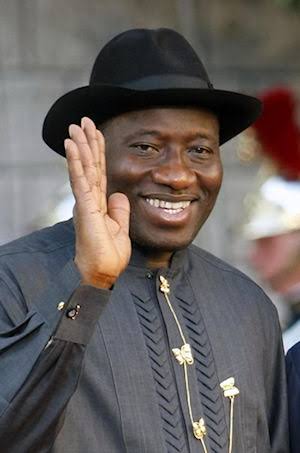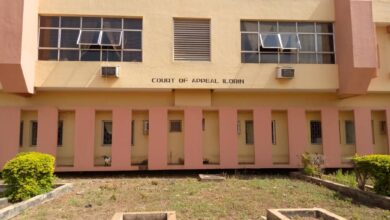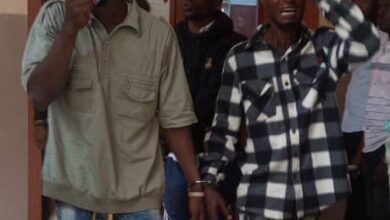
A Federal High Court in Yenagoa, Bayelsa State, will today rule on the eligibility of former President Goodluck Jonathan to contest the presidential election.
In an origination summons filed by Andy Solomon and Idibiye Abraham, the plaintiffs are seeking an order of the court stating that Jonathan is not affected by the fourth alteration to the constitution barring Vice-Presidents who succeed their principals from serving more than one full term.
In the suit marked FHC/YNG/CS/86/2022 which is before Justice Isa Dashen, the All Progressives Congress, APC, Jonathan and the Independent National Electoral Commission, INEC, are listed as defendants.
Apparently in a haste to ensure that judgment is delivered before the APC primary which is slated for Sunday, the plaintiffs requested an accelerated hearing via a motion ex parte.
Read Also: Court Denies IPOB Leader, Kanu Bail Orders Accelerated Hearing
The court granted an accelerated hearing of the suit “having regard to the nature of the suit and the reliefs sought therein.
The court also directed the respondents to be served with the enrolment order alongside the originating summons and the defendants to file their responses.
It was learnt that after affidavits, counter-affidavits and further affidavits had been filed, Justice Dashen fixed today, May 27 for judgment.
Jonathan, who was elected as Vice-President alongside the late President Umaru Yar’Adua in 2007, was inaugurated as President in 2010 following the death of Yar’Adua. In 2011, he ran for election and was again inaugurated.
You May Also Like: PDP National VC (South-South), Reps Member Restrain from Convention
In 2015, while running for another term, the courts ruled that Jonathan was eligible to contest as his first inauguration was done to complete Yar’Adua’s tenure.
However, in 2018, the President, Major General Muhammadu Buhari (retd.), signed the fourth alteration of the 1999 Constitution which bars Vice-Presidents who succeed their principals from serving more than one full term.
However, some have argued that the new provision ought not to apply to Jonathan as the law ought not to take a retroactive effect unless it was expressly stated.







